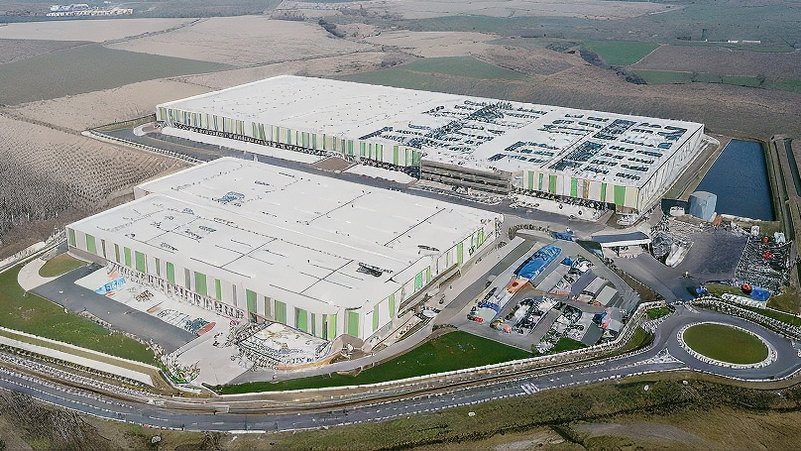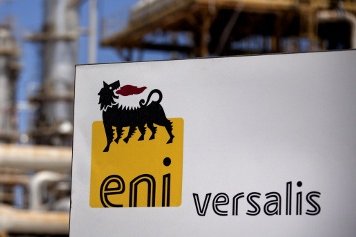During the IAA 2024 event in Hanover, Ford Trucks revealed one of its most significant innovations in zero-emission technology: its first multi-cylinder hydrogen engine, the H2-Ecotorq. This marks a pivotal step for the company, underlining its commitment to developing sustainable solutions for the transport industry. Ford has accelerated its efforts towards the ambitious goal of achieving zero emissions by 2040, exploring a variety of technologies, including electrification, and now making concrete advancements in hydrogen power.
Ford Trucks began developing a single-cylinder hydrogen engine last year, but the Hanover event showcased the first working prototype in a multi-cylinder configuration. Initial tests of the H2-Ecotorq have already shown promising results, highlighting the potential of hydrogen as a viable alternative for decarbonizing road transport.
In parallel with its hydrogen engine efforts, Ford Trucks is also working on its first fully electric truck, expected to be launched by 2025. Moreover, the company is investing in the European Union’s Zero Emission Transport Ecosystem project, with plans to introduce hydrogen fuel cell-powered vehicles to the market.
One of the advantages of hydrogen over diesel is that it can be produced from renewable sources. Its combustion cycle is similar to the Otto cycle in gasoline engines, requiring spark ignition rather than compression, as is the case with diesel. Hydrogen combustion mainly produces water vapor, with minimal NOx emissions. However, compared to diesel, hydrogen storage is more complex and costly.
Massimiliano Barberis



































































